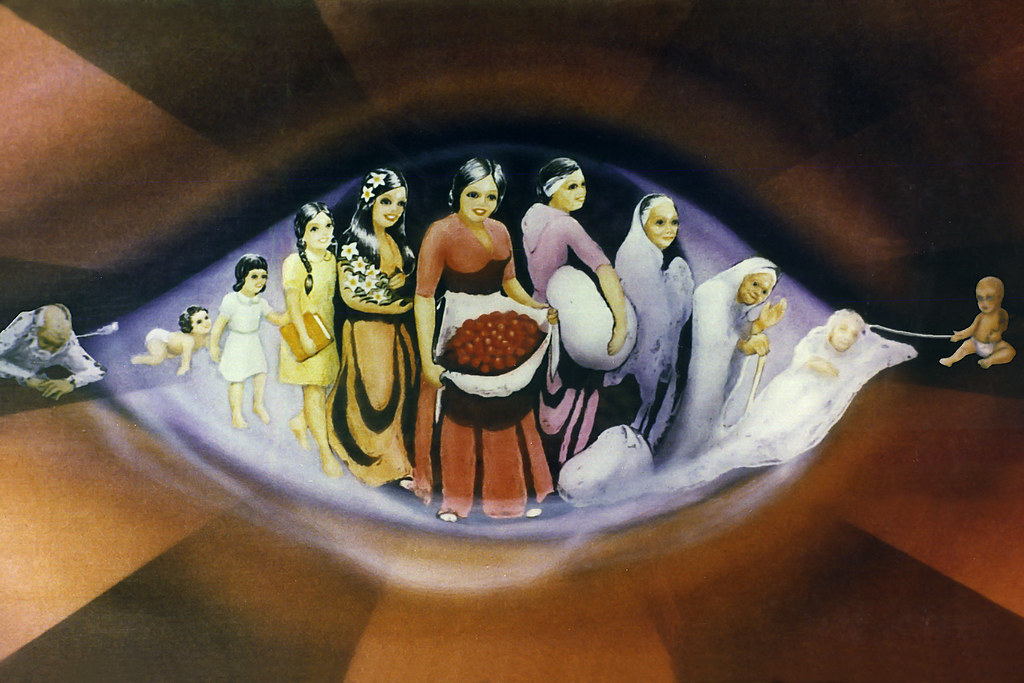Whenever we hear the name Kalidasa, our thoughts naturally turn to one of the greatest poets in history. However, Kalidasa’s life itself is a fascinating tale, filled with intrigue, transformation, and divine grace. From his humble beginnings to his extraordinary wisdom and poetic brilliance, his journey is truly inspiring. Kalidasa is a name synonymous with brilliance, beauty, and devotion. Often hailed as the greatest classical poet and playwright in Indian history, his works continue to be celebrated for their unparalleled poetic excellence. Yet, the man behind these timeless masterpieces remains an enigma, surrounded by mystery and captivating legends. Who was Kalidasa? How did he ascend to such literary greatness? In this post let’s explore everything you need to know about him.

The Curious Life of Kalidasa
Kalidasa’s life is a subject of curiosity for historians, scholars, and admirers of literature. While concrete historical evidence about his life is very little, legends and myths provide a fascinating narrative. He is believed to have lived during the reign of King Vikramaditya, who ruled Ujjain, around the 4th to 5th century CE. However, there is no consensus among historians about the exact dates of his birth and death.
Kalidasa’s name itself holds significance. “Kali” refers to the fierce and powerful Goddess Kali, and “Dasa” means servant or devotee. Thus, Kalidasa means “a servant of Goddess Kali.” His devotion to the goddess played a pivotal role in shaping his life and his artistic genius.
Birth and Early Life
The stories of Kalidasa’s early life are as fascinating as his works. According to legend, Kalidasa was not born a genius. In fact, he was considered unintelligent or you can dumb and was ridiculed by society. Some stories suggest that he was an orphan, while others say he grew up in a poor family. Despite his hardships, Kalidasa was deeply devoted to Goddess Kali, spending much of his time in prayer and meditation.
One popular tale about his early life reveals that Kalidasa was initially uneducated and incapable of complex thought. People mocked him for his simplicity and lack of intelligence. There was a story where he was cutting the same branch of a tree where he was sitting. However, his unwavering devotion to Goddess Kali set the stage for a miraculous transformation that would change his destiny forever.
The Divine Transformation
Kalidasa’s transformation from an ordinary, uneducated individual to one of the greatest poets in history is attributed to the blessings of Goddess Kali. According to legend, Kalidasa’s life took a dramatic turn when he invoked the goddess with pure devotion and desperation.
As the story goes, Kalidasa was humiliated by society for his lack of knowledge. Desperate and heartbroken, he turned to Goddess Kali for solace. He meditated and prayed with intense devotion, seeking her guidance. Moved by his sincerity, Goddess Kali appeared before him and touched his tongue, blessing him with divine wisdom and eloquence. This moment marked the birth of Kalidasa, the poetic genius.
From that day forward, Kalidasa’s life was never the same. His speech became magical, his thoughts profound, and his ability to weave words into art unparalleled. His devotion and gratitude to Goddess Kali remained evident in his works, as he often invoked her blessings in his writings.
Kalidasa’s Marriage and Early Struggles
Another famous story from Kalidasa’s life revolves around his marriage. It is said that a princess, known for her intelligence and beauty, had set a condition that she would only marry a man who could defeat her in a debate. Kalidasa, who was still an uneducated man at the time, was chosen by some envious courtiers to compete against the princess, hoping to humiliate both him and the royal family.
When Kalidasa faced the princess, he felt deeply inadequate. However, he prayed to Goddess Kali for help. Through her blessings, he was able to answer the princess’s questions with profound wisdom and clarity. The princess, impressed by his intelligence, agreed to marry him. However, their marriage faced challenges initially, as the princess later discovered his humble origins and lack of formal education.
Despite these struggles, Kalidasa’s devotion to Goddess Kali and his newfound poetic abilities eventually won over his wife’s respect and admiration. Their story is often seen as a testament to the transformative power of devotion and divine grace.
Kalidasa’s Contributions to Literature
Kalidasa’s works are considered the pinnacle of Sanskrit literature. His poetry and plays reflect a deep understanding of human emotions, nature, and spirituality. Let’s explore some of his most celebrated works:
1. Meghaduta (The Cloud Messenger)
This lyrical poem is one of Kalidasa’s most famous works. It tells the story of a yaksha (a celestial being) who, exiled by his king, sends a message to his wife through a passing cloud. The poem is celebrated for its vivid imagery, emotional depth, and beautiful descriptions of nature. Kalidasa’s ability to capture the emotions of longing and love is unparalleled.
2. Abhijnanashakuntalam (The Recognition of Shakuntala)
This play is considered a masterpiece of world literature. It tells the story of Shakuntala, a woman of extraordinary beauty and virtue, and her love story with King Dushyanta. The themes of love, separation, and reunion are beautifully explored in this work, making it a timeless classic.
3. Raghuvamsha (The Dynasty of Raghu)
This epic poem narrates the lineage and achievements of the Raghu dynasty, to which Lord Rama belonged. Kalidasa’s portrayal of the kings, their virtues, and their challenges is both inspiring and poetic.
4. Kumarasambhavam (The Birth of Kumara)
This poem celebrates the union of Lord Shiva and Goddess Parvati and the birth of their son, Kumara (also known as Kartikeya). It is a beautiful blend of mythology, devotion, and poetic brilliance.
Stories That Highlight Kalidasa’s Genius
Kalidasa’s life is filled with anecdotes that showcase his wit, wisdom, and poetic brilliance. Here are a few famous stories:
1. The Wise Response
One day, Kalidasa was asked by a group of scholars to define the universe in one sentence. Without hesitation, he replied, “Everything that exists is connected, and everything that is connected exists.” His profound understanding of the interconnectedness of life left the scholars in awe.
2. The Humble Poet
Despite his fame, Kalidasa remained humble and attributed all his success to the blessings of Goddess Kali. When asked about the source of his poetic genius, he would often say, “I am merely a servant of the divine. The words come through me, not from me.”
Kalidasa’s Legacy
Kalidasa’s works have transcended time and continue to inspire poets, scholars, and artists worldwide. His contributions to Sanskrit literature are celebrated not just in India but across the globe. Here are some aspects of his enduring legacy:
1. Influence on Indian Literature
Kalidasa’s works set a benchmark for poetic excellence. His mastery of language, vivid imagery, and deep emotional resonance have influenced countless poets and writers in India.
2. Global Recognition
Kalidasa’s works have been translated into numerous languages and studied by scholars worldwide. His play Abhijnanashakuntalam was one of the first Indian literary works to gain international acclaim, particularly in Europe.
3. A Symbol of Devotion
Kalidasa’s life story is a testament to the transformative power of devotion and divine grace. He serves as an inspiration for those who face challenges and seek to overcome them through faith and perseverance.

